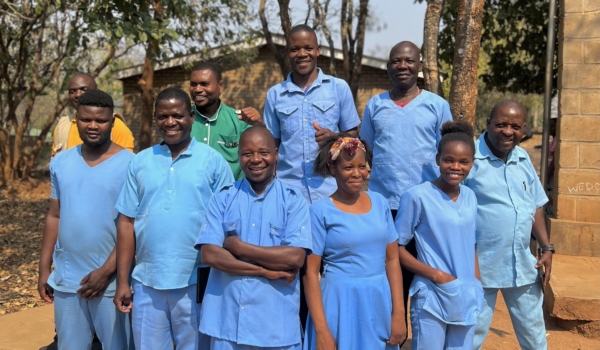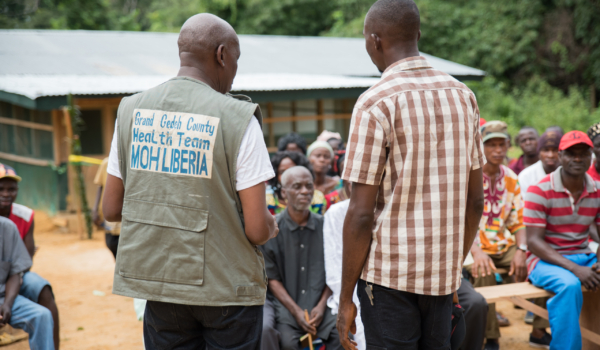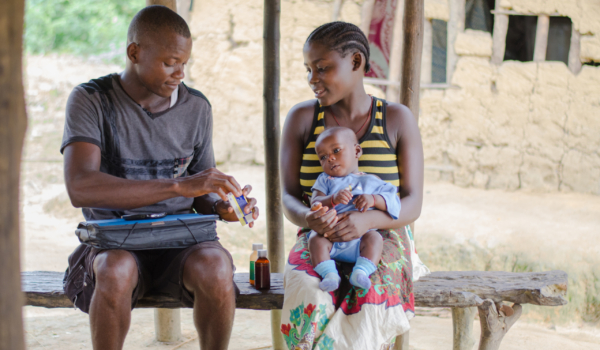From April 6-8, the Skoll Foundation hosted an all-digital World Forum that brought together leaders in social change from around the world. This year’s forum called on the Skoll community to face today’s challenges and advance global solutions to move forward together–and the importance of investing in community health was a key theme.
Here are a few of our favorite moments:
Abraham Zerihun Megentta, Ethiopia Programs Director at Last Mile Health, gave a lightning talk during a session on leveraging innovations from COVID-19 to strengthen the health system for the long-term. Read his full remarks here.
“The pandemic prompted local innovation in Ethiopia and we can apply those innovations to transform training for health workers in Ethiopia and around the world.” – Abraham Zerihun
Last Mile Health co-founder Dr. Raj Panjabi spoke during the session “After the Final Wave: Nurturing the Health Workforce We Need.” Panelists addressed the ongoing crisis facing many health systems around the world two years into the COVID-19 pandemic–and the urgent need to confront the iniquities in global health and center the needs of our health workforce.
“Community health workers are some of the most invisible in the health care network. During the pandemic, they were the last to get PPE. The first priority is to care for the caregivers.” – Dr. Raj Panjabi
Last Mile Health co-sponsored an ecosystem event with 2022 Skoll Awardee Financing Alliance for Health. “Localizing Global Health: A Roadmap To Resilient and Equitable Systems” brought panelists and audience members together for a conversation about the innovative thinking that’s needed to bring universal health coverage within reach across Africa.
A key takeaway: Together, we can build country-led, community-driven health systems that tackle persistent health, economic, and gender inequities.
During a panel at the Forum’s closing plenary, Partners In Health Chief Medical Officer Dr. Joia Mukherjee discussed what the global community can do differently as we work toward healthcare access and equity–with an emphasis on local leadership and community health.
“Inequities mirror our injustice, and health is just a thermometer for that injustice. If we don’t deal with the social determinants of health, and deal with oppression, we cannot have health equity.” – Dr. Joia Mukherjee




